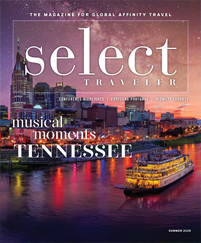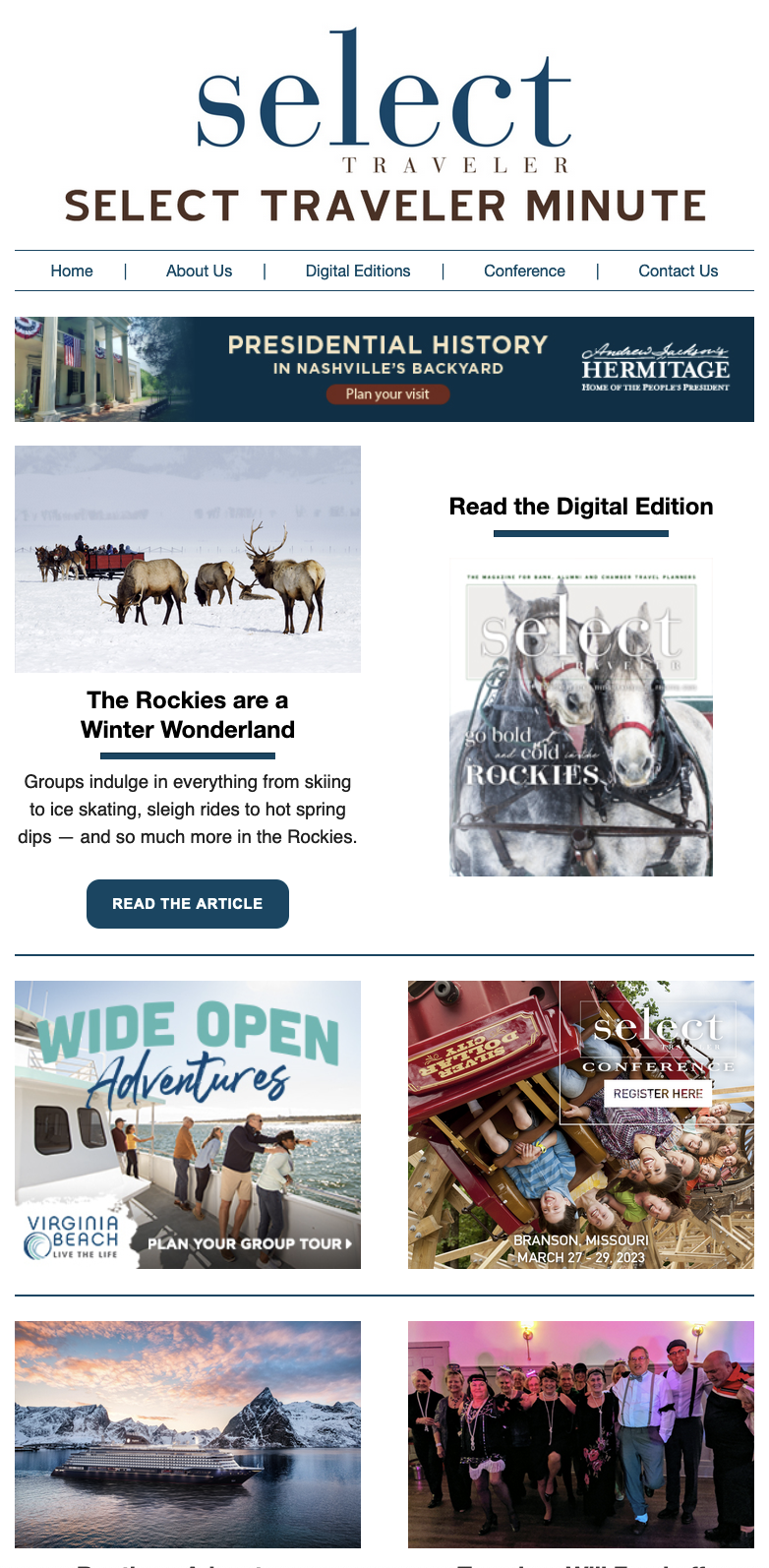Elizabeth Merrill, founding director of the Center for the Future of Museums, a division of AAM, believes travel programs have a role to play in the future, but she sounds a note of caution about how individualized travel options might affect that role.
“The sharing economy and the Internet make it easier every day for people to create their own travel experience,” she said. “Disruption is affecting travel like everything else. Airbnb is a great example of that. For museums to continue to be successful with travel programs, they’ll have to create something their members prefer to all other options.”
“I can think of one major advantage museums have for creating travel,” she said. “People with specific interests will find a corresponding museum — the museum doesn’t have to find them. Those people trust the sincerity of that institution. That’s a big advantage.”
When asked point blank if travel programs are part of the mix for successful museums in the future, Merrill answered, “Absolutely. I can think of four reasons why a museum would have such a program. First, their mission is to educate. Travel, when done responsibly, accomplishes that. Second, museums are seeking ways to build personal relationships with their members or supporters. Travel offers that. Third, travel programs can be sources of income, and museums need revenue streams. And fourth, travel is a great means for donor cultivation. Time spent with donors one-on-one is time well spent.









